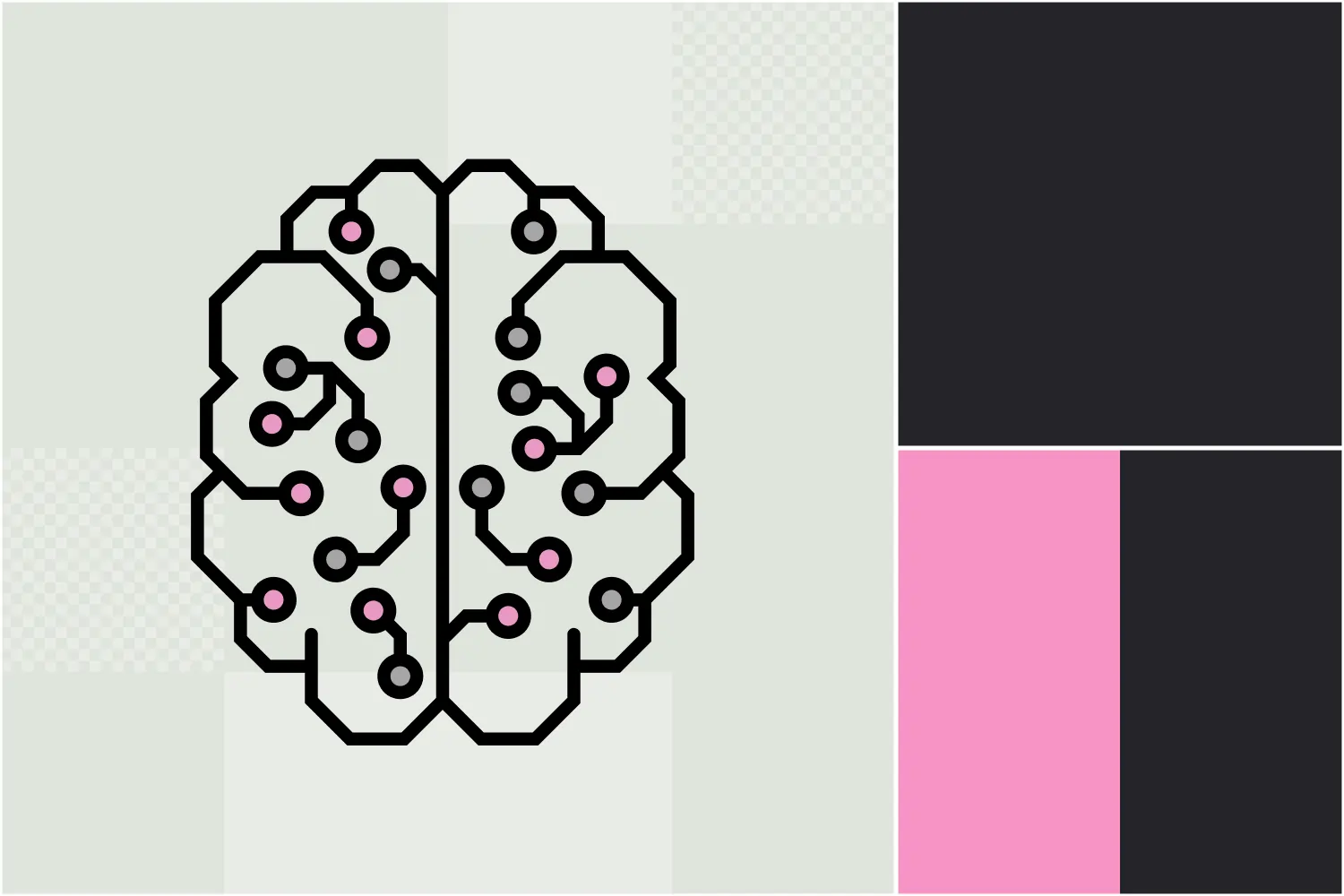Most Workspaces created before Dec 9, 2024 move to the latest pricing on Dec 22, 2025. Nothing is removed, all existing limits are grandfathered, but once reduced they can’t be restored. New usage follows the current quotas; newer Workspaces are already on the updated system.

.webp)
.webp)
.webp)
%20(1).webp)

.webp)

.webp)



.webp)
